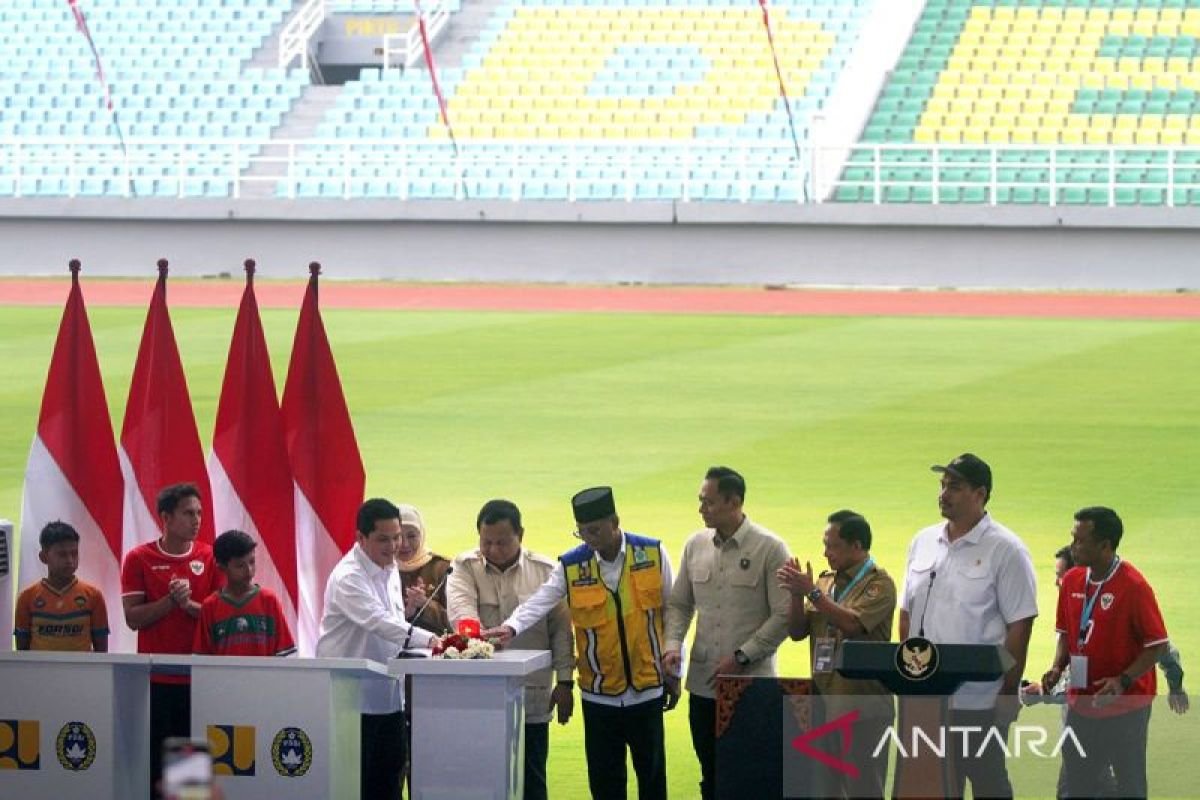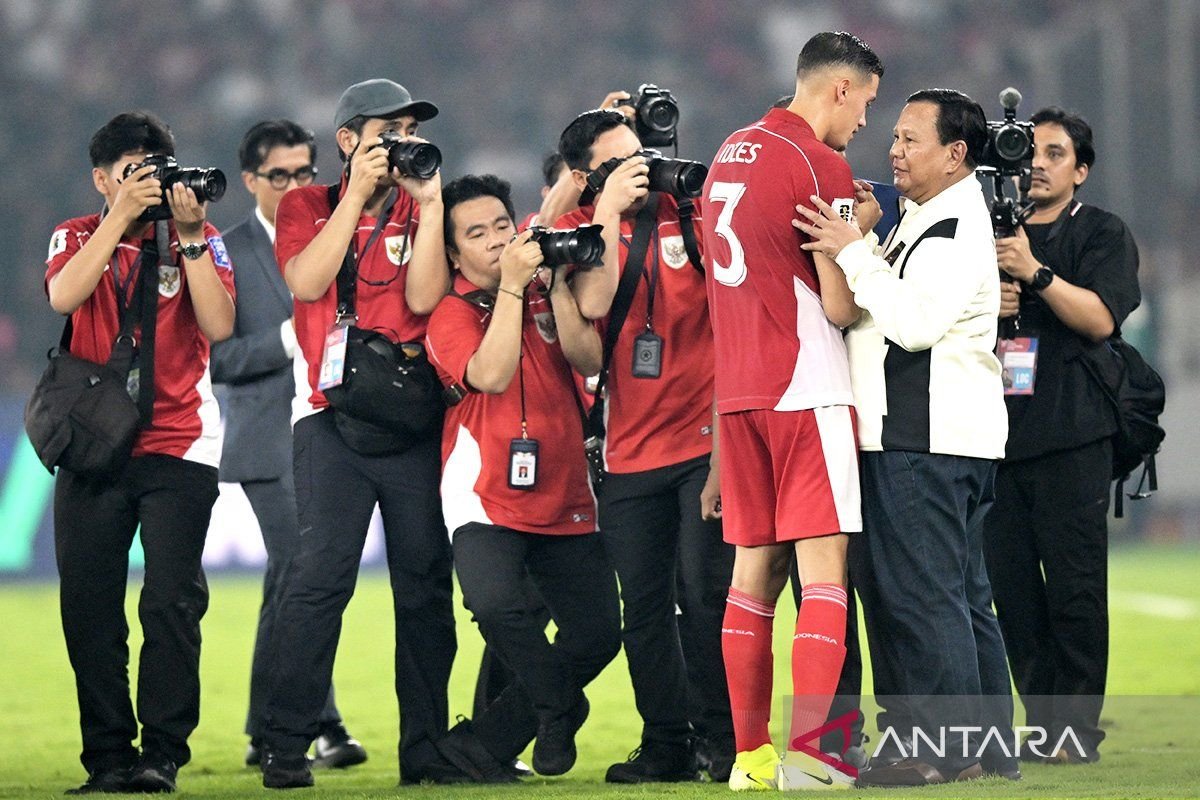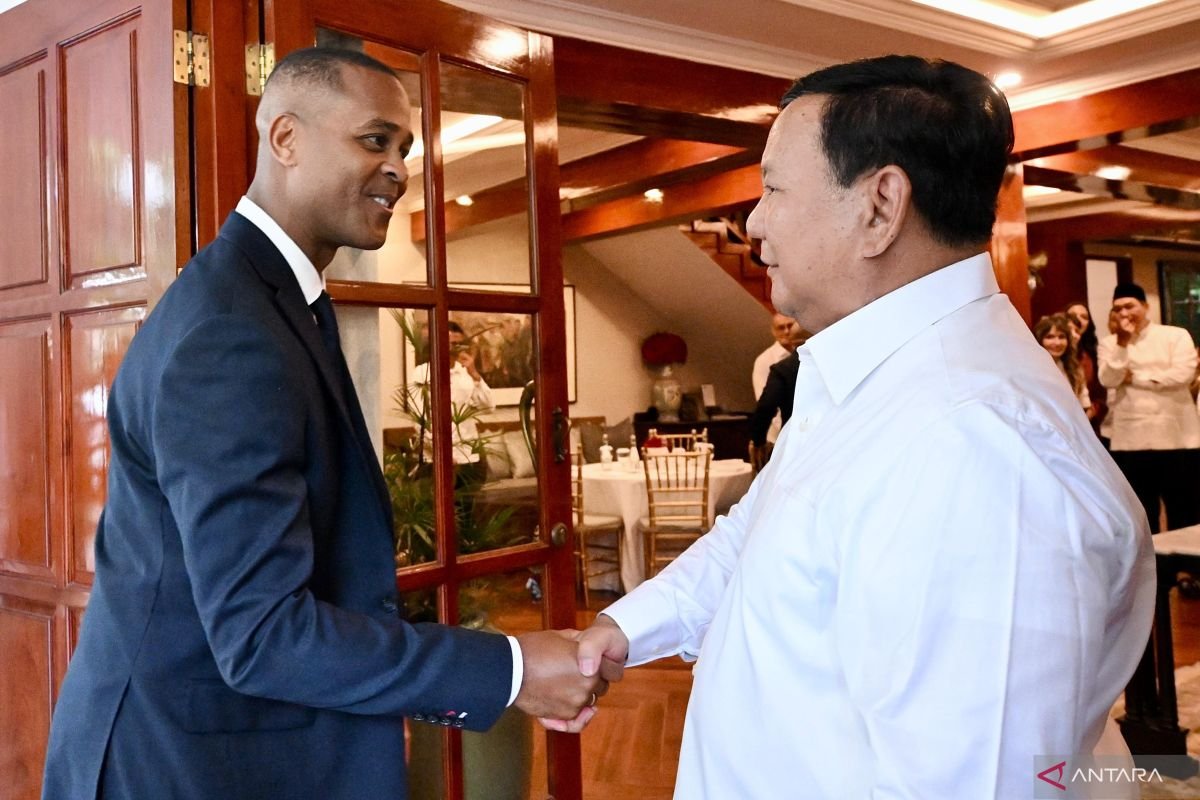Prabowo Promotes Collaboration Between Clubs and Private Sector After Inaugurating 17 Stadiums
In a significant step towards the enhancement of Indonesia’s sports infrastructure, Defense Minister Prabowo Subianto has inaugurated 17 new stadiums across the archipelago. This milestone not only marks a commitment to improving sports facilities but also highlights Prabowo’s vision for a collaborative approach between sports clubs and the private sector.
A New Era for Indonesian Sports
The inauguration ceremony, attended by local officials, sports enthusiasts, and representatives from various sectors, emphasized the government’s dedication to promoting sports as a catalyst for national pride and economic growth. With these new stadiums, Indonesia aims to improve the overall sporting experience, not merely for athletes but also for fans and communities.
Prabowo highlighted the importance of infrastructure in fostering talent and encouraging participation in sports at all levels. “These stadiums are not just buildings; they are platforms for our young athletes to showcase their talents and for communities to rally together. Our goal is to create an environment where sports can thrive, resulting in healthier citizens and a more unified nation,” he stated during the ceremony.
Emphasizing Collaboration
One of the key themes of Prabowo’s address was the urgent need for collaboration between sports clubs and the private sector. He urged business leaders to invest in sports, arguing that the synergy between the two can lead to significant advancements in facilities, training programs, and overall athlete development.
“Partnerships with the private sector are crucial. This is not only about funding but also about sharing expertise and resources. Companies can help clubs improve their training regimes and management, which will benefit our athletes and the sports culture as a whole,” Prabowo said.
Economic and Social Impact
The direct benefits of such collaborations extend beyond the realm of sports. Investments from the private sector can stimulate local economies, create job opportunities, and promote community engagement. As clubs enter partnerships with businesses, they can leverage marketing strategies that enhance visibility while also drawing fans to games and events.
Moreover, the newly inaugurated stadiums are expected to host a variety of events beyond sports, including concerts and cultural gatherings, which can further boost local economies and foster community spirit.
Grassroots Development
Prabowo also stressed the importance of grassroots programs in conjunction with these new infrastructures. He encouraged local governments and sports organizations to prioritize the development of youth programs and amateur leagues to ensure that the benefits of the stadiums are felt throughout every level of society.
“Investing in our youth is investing in our future. We need to nurture talent from the ground up, and these stadiums should serve as a base for training, competitions, and community events that inspire the next generation,” he remarked.
Looking Ahead
As Indonesia prepares to host more international sporting events, the development of modern stadiums and facilities, alongside collaboration with the private sector, positions the nation as a competitor on the world stage. The hope is to create a vibrant sports culture that not only celebrates athleticism but also bonds communities and strengthens the economy.
Prabowo’s vision reflects a comprehensive approach to sports development in Indonesia. By fostering collaborations between sports clubs and businesses, the country is setting the groundwork for an invigorated sports ecosystem that prioritizes both performance and community involvement. As these initiatives come to fruition, the potential for fostering new talents and elevating Indonesian sports to new heights is brighter than ever.









